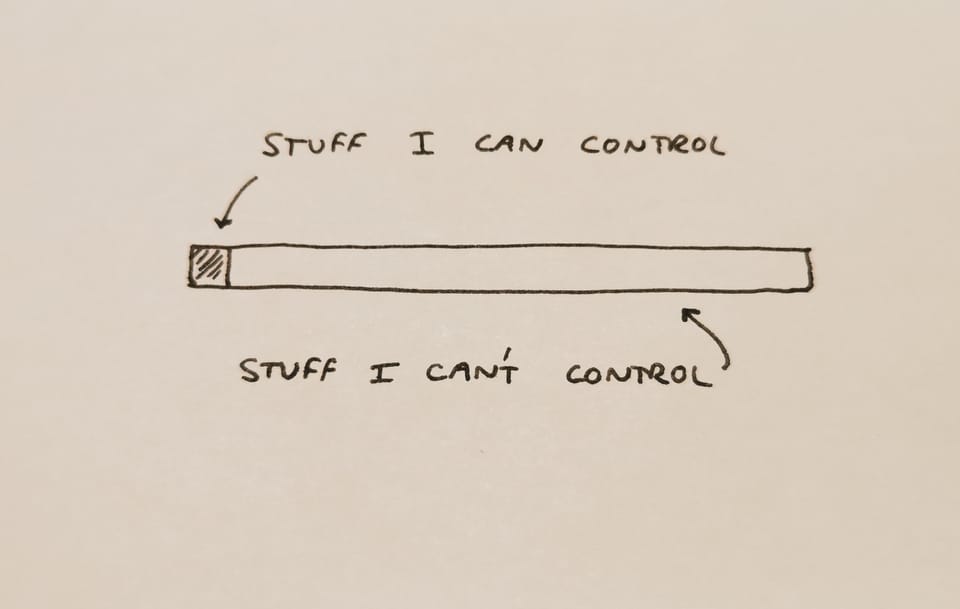My favourite picture

A colleague and I were sat quietly diffusing in the theatres coffee room on a moderately busy Sunday afternoon, waiting for the next CEPOD appendix to be retrieved from the surgical admissions lounge.
We'd not long returned from the resus bay where we'd spent the last fifty-five minutes attempting to resuscitate a lady who had suffered a cardiac arrest in the Emergency Department.
The call had gone out, and we'd hurried over at the customary 'brisk-but-not-breathless' pace that ensures a prompt arrival without being completely disabled when you get there.
The ED team were in full swing, CPR ongoing, IGEL in situ, Registrar barking out the Hs, Ts and timings, nurses dutifully scribing, monitoring, running, bleeding and injecting.
We had shuffled awkwardly around to our comfort zone at the head of the bed and my colleague had taken the lead, suctioning out the substantial volumes of blood and gastric content that were now bubbling up and around the airway, oozing and slopping onto the mattress with each compression.
After two attempts at intubation my colleague handed the laryngoscope to me and I had a look.
Even with the suction on full blast, the view was not dissimilar to lifting the manhole cover outside the bathroom when our toilet blocked up, and so I slid the bougie where I thought the larynx should be, gratefully feeling the familiar tickle of the tracheal rings.
Tube in, lots of suction, ETCO2 confirmed, commence ventilation.
After several rounds of the algorithm, all reversibles addressed and a gas with a pH of entirely even numbers, we made the decision to cease resuscitative efforts, and the various teams had departed back to their respective zones of the hospital until the next call.
I was now staring blankly through the wisp of steam curling up from a criminally strong brew when my colleague broke the silence.
"That was really shit."
"They're never fun are they," I agreed.
"She was only 42, I should have got that tube in"
"What do you mean?"
"I spent ages faffing about trying to get that tube in, her lungs filled up with crap and she died."
I looked up at my colleague's face. The all-too-familiar glazed blend of regret, guilt and disappointment was etched onto an anxious face.
I replied, "Okay, but you also
- responded immediately when called
- analysed the situation and correctly identified an airway that needed intubating
- you had all the right monitoring, equipment and support ready
- you positioned the patient
- suctioned the already heavily contaminated airway
- prepared for difficulty
- had two seriously solid attempts at possibly the most difficult airway available in the hospital
- and handed over to a second intubator in good time who then relied on a good bit of luck to get the tube in
At which step in that sequence of actions would you have done anything differently?"
"Fair point."